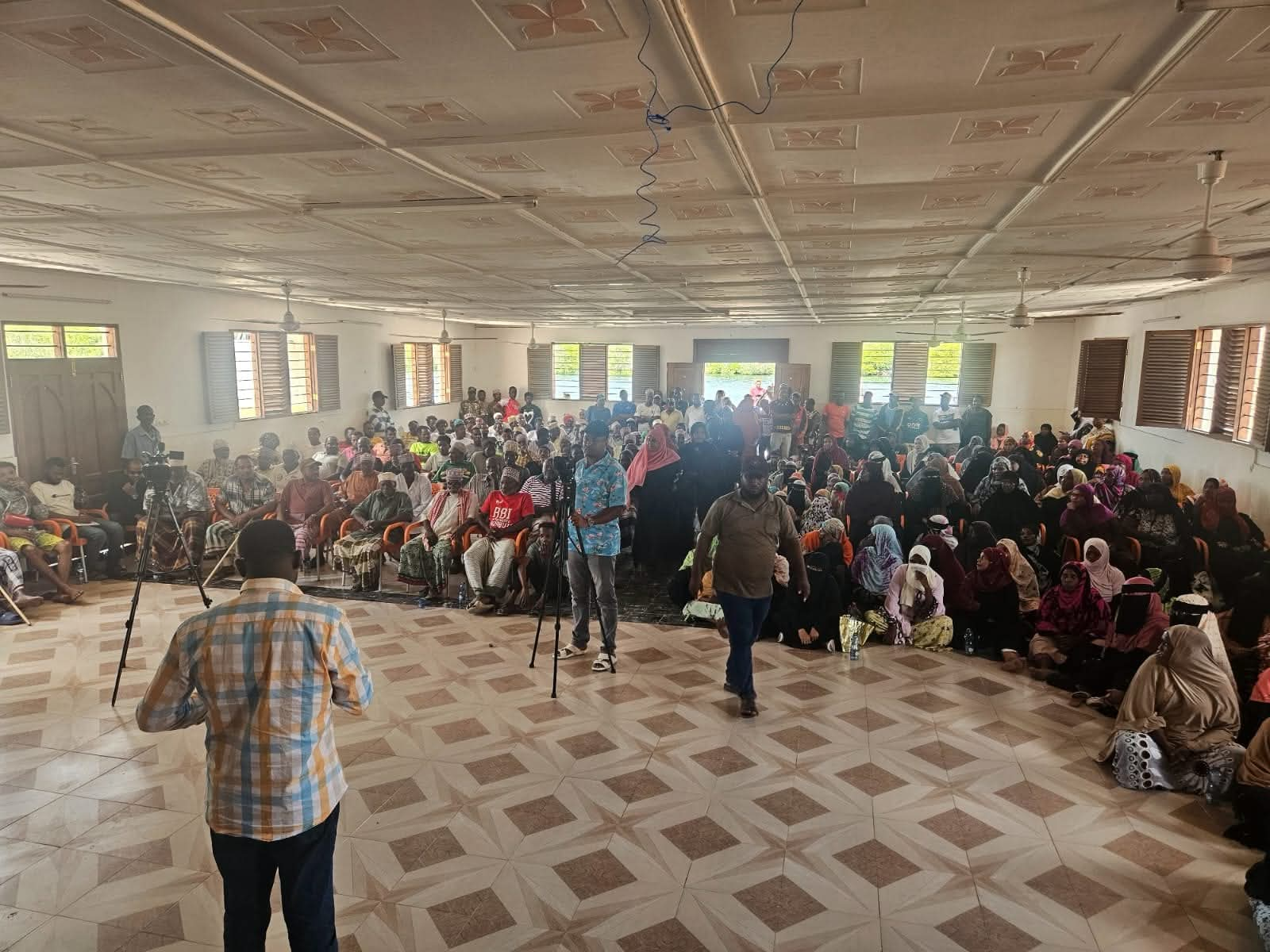Opinion: Population politics risks tying citizens to endless poverty and dependence

The advocacy for increased reproduction among economically vulnerable populations becomes particularly problematic when juxtaposed with the personal choices of political leaders.
In recent weeks, Kenya's political landscape has been dominated by a contentious debate sparked by Deputy President Rigathi Gachagua's aggressive campaign against alcoholism and substance abuse.
Speaking at various forums, Gachagua has emphasised the government's unwavering commitment to eradicating illicit brews and drugs. He has termed the nationwide war on these substances as "unstoppable", vowing to resist pressure from what he terms "merchants of death disguised as entrepreneurs".
More To Read
- Challenging the status quo: Githunguri MP Gathoni Wamuchomba tells it all
- Live blog: Suspected goons stone Rigathi Gachagua's convoy on Mombasa Road
- IG Kanja quashes arrest speculation surrounding Gachagua’s arrival
- Moja Expressway dismisses fake notice on closure of section of expressway ahead of Gachagua arrival
- Inside Mathare’s fight for justice: How youth are taking on police brutality and reclaiming dignity
- Murkomen tells Gachagua to record statement over Al-Shabaab claims upon return to Kenya
While the fight against these societal ills is undoubtedly crucial, Gachagua's rhetoric has veered into unexpected territory, raising important questions about the intersection of public health initiatives, economic development, and political strategy.
Beyond the focus on public health, Gachagua has increasingly linked the fight against alcoholism to a surprising outcome — increased reproduction among young men. This unexpected connection between substance abuse prevention and population growth has ignited a fierce debate.
This stance, which explicitly links population growth to political survival, merits careful examination of Kenya's current demographic and economic realities.
With a median age of 20 years and a fertility rate of 3.37 births per woman, Kenya already possesses a growing young population. The country's youth unemployment rate is 31 per cent, highlighting the pressing need for job creation and economic opportunities. In this context, encouraging childbirth without addressing underlying economic challenges appears to be a misalignment of priorities.
The advocacy for increased reproduction among economically vulnerable populations becomes particularly problematic when juxtaposed with the personal choices of political leaders.
Gachagua, a man of considerable wealth, has a notably smaller family of two children, compared to what he advocates for the general population. This apparent discrepancy between public rhetoric and private practice raises ethical concerns and suggests a disconnect between policy proposals and lived experiences.
The notion that population growth alone can secure political futures reflects outdated governance models. In the 21st century, political legitimacy should be built on effective policies, economic growth, and improved quality of life for citizens – not merely on expanding voter bases through reproduction.
The emphasis on reproduction as a political strategy also raises concerns about gender equity and women's autonomy. Such rhetoric potentially reduces women's role in society to their reproductive capacity, overlooking their significant contributions to economic and social development beyond childbearing.
Moreover, this approach reveals a troubling worldview of citizens being mere numbers rather than individuals with aspirations, talents, and inherent worth. It risks stripping away human dignity and reducing the intricate fabric of Kenyan society to a crude demographic calculation.
The ramifications of such thinking extend far beyond election cycles. By emphasising reproduction over education, economic opportunity, and social mobility, we risk condemning future generations to a cycle of poverty and dependence. This creates a self-fulfilling prophecy where an ever-growing population competes for dwindling resources, potentially fuelling the very social ills that politicians claim to combat.
Perhaps most concerning is the implicit acknowledgment in this rhetoric that the current system is failing Kenya's youth. Rather than addressing the root causes of issues like alcoholism – unemployment, lack of opportunity, societal pressures – the solution offered is to create more potential victims. This approach represents a tacit admission that leaders lack substantive answers to the challenges facing young Kenyans.
To address these complex issues effectively, Kenya's leadership must focus on a more holistic approach to national development. This reorientation should prioritise investment in quality education and vocational training programmes, equipping young Kenyans with the skills demanded by a rapidly evolving job market.
Simultaneously, the government must foster an environment conducive to entrepreneurship and innovation, particularly in emerging sectors such as technology and renewable energy, to drive economic diversification. Strengthening healthcare infrastructure, including comprehensive reproductive health services, is crucial for empowering individuals and families to make informed choices.
Gender equality initiatives must be implemented to promote women's empowerment and ensure their equal participation across all sectors of society. Finally, targeted youth employment programmes, including internship schemes, start-up incubators, and public-private partnerships, should be developed to address the pressing issue of youth unemployment.
The fight against alcoholism, while crucial, must be framed within this broader context of public health and socioeconomic development. This approach necessitates moving beyond simplistic demographic determinism to a nuanced understanding of the complex interplay between population dynamics, economic growth, and social progress.
The writer is a public policy specialist, a development practitioner, and a management consultant.
Top Stories Today










































